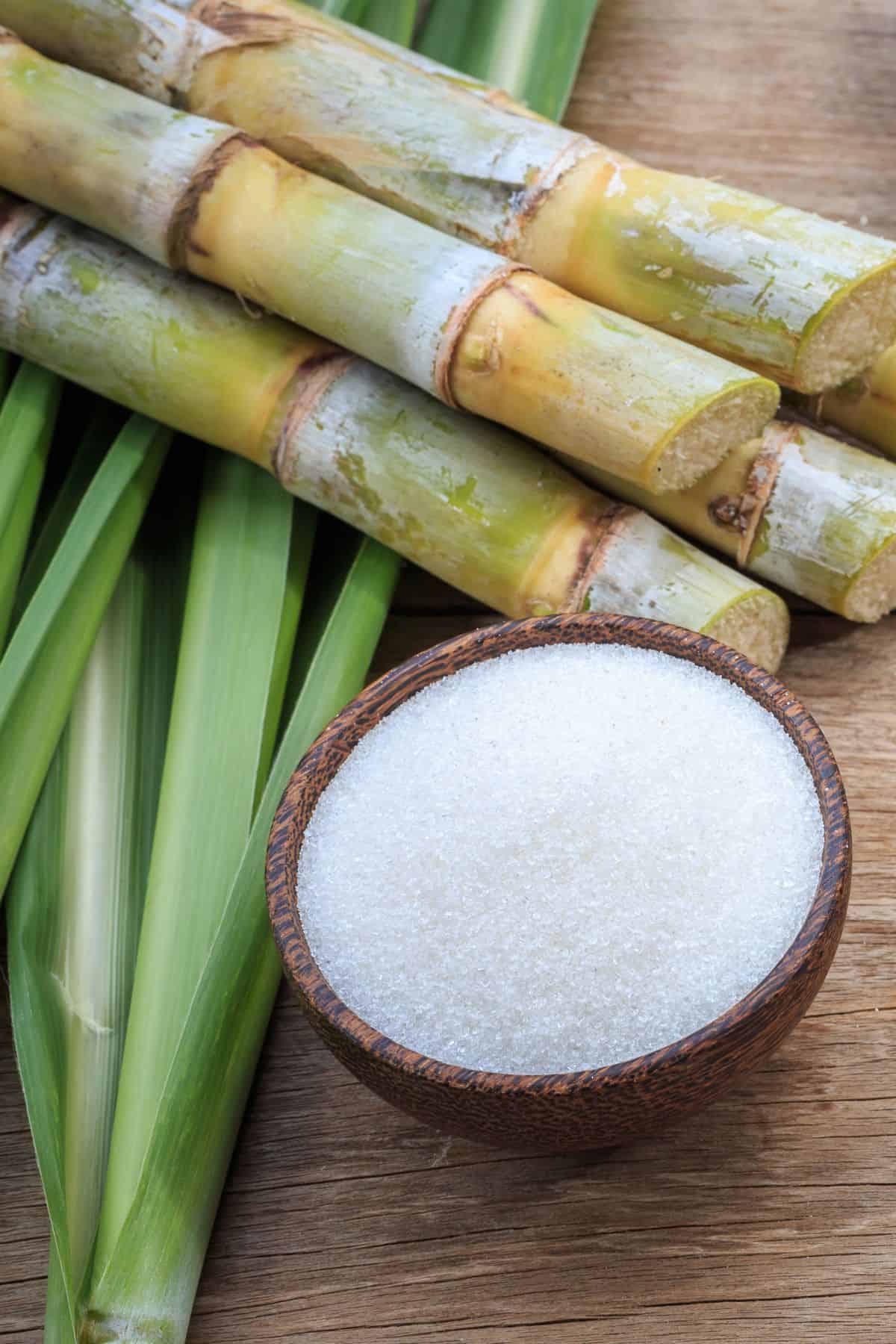Navigating Regulatory Compliance and Sustainability With Cutting-Edge Walking Cane Sugar Processing Chemicals in the Chemical Export Sector

Regulatory Landscape Introduction
In the world of walking cane sugar processing chemicals within the chemical export market, comprehending the regulative landscape is paramount for making sure conformity and sustainable operations. Regulative bodies such as the Environmental Protection Company (EPA) and the Food and Medicine Administration (FDA) play an important duty in overseeing the production, import, and export of these chemicals. Compliance with guidelines stated by these bodies is not only a legal demand however additionally important for preserving public health and wellness and ecological safety and security standards.
Regulatory frameworks governing cane sugar processing chemicals include a wide variety of elements, consisting of labeling demands, allowable degrees of particular materials, and standards for risk-free handling and disposal. For chemical exporters, this indicates adhering to strict documentation processes, quality assurance measures, and periodic audits to show adherence to these laws.

Lasting Walking Cane Sugar Chemical Innovations

One noticeable area of innovation is the development of eco-friendly chemicals that lower water and energy intake during the sugar handling stages. By applying these sustainable remedies, business can lower their carbon footprint while keeping high levels of performance. Furthermore, advancements in naturally degradable chemicals are gaining traction, supplying a more eco friendly option to typical processing representatives.
Furthermore, the combination of renewable resource sources in the manufacturing procedure is becoming a lot more common, more enhancing the sustainability profile of walking stick sugar handling. By embracing these sustainable walking stick sugar chemical technologies, companies can not only satisfy regulative needs yet also demonstrate a commitment to environmental obligation in the chemical export sector.
Compliance Obstacles in Exporting Chemicals
Browsing governing frameworks poses significant difficulties for chemical exporters, needing meticulous interest to compliance requirements and international regulations. Exporting chemicals entails adherence to an intricate internet of laws that differ from nation to nation. Among the main compliance difficulties dealt with by chemical exporters is guaranteeing that the products meet the specific governing needs of the importing nation. This includes obtaining the necessary permits, qualifications, and documents to show the security and legality of the chemicals being exported.
In addition, chemical merchants must remain abreast of continuously evolving standards and guidelines associated with chemical transport, handling, and production. Failing to abide by these regulations can cause severe repercussions, consisting of penalties, legal action, and reputational damages. Browsing trade limitations, assents, and export control laws adds one more layer of intricacy to the conformity landscape for chemical exporters.
To reduce these difficulties, chemical merchants must purchase robust conformity programs, perform normal audits, and engage with regulatory authorities to guarantee a thorough understanding of the appropriate legislations and guidelines. By focusing on conformity and remaining aggressive in addressing governing challenges, chemical exporters can navigate the complexities of international trade successfully.
Ecological Influence of Walking Stick Sugar Processing
The ecological ramifications of cane sugar handling are an important element requiring thorough exam in the chemical export market. Walking cane sugar handling can have significant ecological impacts at numerous stages of manufacturing. One of the key issues is the generation of large volumes of wastewater containing natural matter, suspended solids, and chemicals made use of in the processing plants. This wastewater, otherwise correctly dealt with, can pollute water bodies, damage aquatic life, and break down overall water high quality. Additionally, the burning of sugarcane areas before gathering, an usual practice in some areas, launches damaging air toxins and greenhouse gases into the environment, adding to air quality problems and environment change.
In addition, the extensive use of pesticides and fertilizers in sugarcane growing can cause dirt destruction, water contamination, and injury to non-target organisms. It is vital for chemical exporters associated with the walking stick sugar handling industry to apply lasting techniques, spend in innovative wastewater therapy modern technologies, advertise liable farming techniques, and adhere to rigid ecological regulations to minimize the negative ecological influence of their procedures.
Future Trends in Sustainability Practices
What cutting-edge strategies are chemical merchants in the walking stick sugar processing industry taking on to improve sustainability methods for the future? As the demand for lasting methods remains to grow, chemical merchants are accepting various fads to make certain a greener future for the market. One popular pattern is the shift in the direction of establishing and utilizing eco-friendly chemicals in the handling of walking stick sugar. These chemicals are designed to Click Here minimize ecological effect while maintaining high degrees of efficiency in the manufacturing procedure.
An additional key trend is the application of innovative innovations such as automation and data analytics to maximize resource usage and minimize waste generation. By harnessing the power of data and automation, chemical merchants can enhance their operations, boost energy performance, and improve total sustainability efficiency.
Additionally, partnerships and partnerships with sustainability-focused companies and go to website stakeholders are ending up being significantly typical. By collaborating, chemical merchants can exchange knowledge, share finest methods, and collectively drive technology in the direction of even more sustainable walking cane sugar processing methods. Accepting these fads will not only profit the setting but likewise ensure long-term success and competitiveness in the market.
Conclusion
Finally, the chemical export market need to browse complicated regulatory landscapes and sustainability obstacles when processing walking stick sugar. Technologies in check my source walking cane sugar handling chemicals are important to meeting compliance criteria and lowering ecological impact. As the sector remains to advance, it is necessary for business to adopt lasting practices and remain in advance of future trends to ensure lasting success.
In the world of cane sugar handling chemicals within the chemical export sector, recognizing the regulative landscape is extremely important for making sure conformity and sustainable procedures.Discovering cutting-edge techniques in the development of sustainable cane sugar chemical options is vital for progressing ecological stewardship in the chemical export sector. Business are progressively spending in study and development to create cutting-edge walking cane sugar handling chemicals that not only guarantee high performance in sugar manufacturing but likewise stick to rigid sustainability criteria.
Furthermore, chemical exporters need to stay abreast of frequently developing standards and guidelines related to chemical handling, transport, and production - Cane Sugar Processing Chemicals.The environmental implications of cane sugar processing are a crucial aspect calling for thorough assessment in the chemical export sector